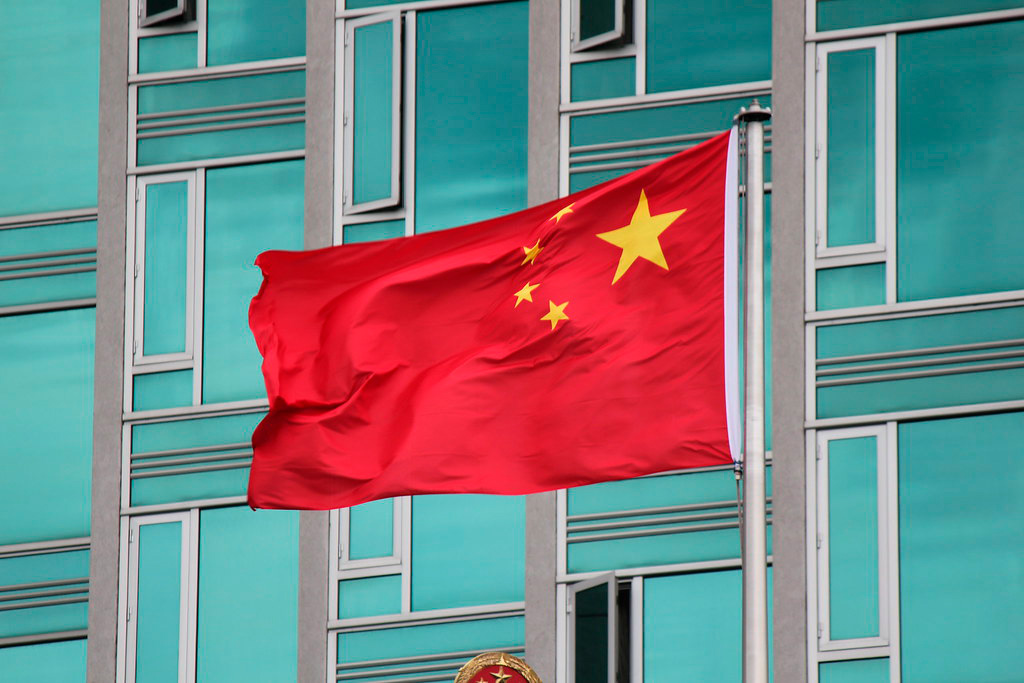The odd return to China of recent shipments of “Made in China” children’s toys raised suspicions among South African customs officers. It turned out that the packages weren’t filled with toys at all, but rather with stolen goods, according to the Standard Media.
Chinese criminal organisations, frequently the same ones that have already established routes in South Africa for the smuggling of illegal abalone or rhinoceros horns, have now shifted their focus to the trafficking of elephant feet. These succulent, unusual plants with fleshy parts that retain water and grow in arid regions like South Africa’s vast Karoo, and their wrinkled, greyish bulb strikingly resembles a pachyderm’s pad.
One particular species of succulent is being removed from the wild at alarming rates, according to scientists, and many other rare plants, some of which are up to 100 years old and may only be found on a single rocky outcrop, are now on the verge of going extinct.
The Succulent Karoo biome, a region of internationally renowned biodiversity, extends from Namibia all the way down to the Western Cape province of South Africa.
“We have incredibly special plants that occur nowhere else in the world, and it is part of South Africa’s heritage,” said Ismail Ebrahim, a scientist with the South African National Biodiversity Institute (SANBI).
He said some species, particularly succulents like conophytums, are now “on the brink of extinction.”
Some 1.5 million South African succulents have been removed from the wild over the past three years, according to SANBI.
Experts told Voice of America (VOA) on a recent tour to the Little Karoo organised by WWF South Africa, which is coordinating efforts to curb the illegal trade, that while succulents have long been adored by amateur botanists and collectors, they’ve gained a wider fan following since the outbreak, the Standard Media reported.
A fad for houseplants began on social media with influencers, or “plantfluencers,” referring to themselves as plant moms and dads and promoting the merits of attractive houseplants as a result of people being in lockdown, isolated, and unable to get outside into nature.
“Ornamental value is now becoming a thing. I think just because of how they grow has brought in the trendiness of having them in your homes,” said Emily Norma Kudze, senior scientific coordinator for the illegal succulent trade with SANBI.
According to CapeNature, a government agency that looks after wilderness areas in the Western Cape, the number of plants seized by South African law enforcement has increased by more than 200 percent since 2018, with over 242,000 succulents seized last year alone, the Standard Media reported.
The South African government has developed a national action plan to try and address the growing trade.
Paul Gildenhuys, a CapeNature enforcement specialist involved with cracking down on smuggling syndicates said, ” Collecting and export of succulents without a permit is prohibited under South African law and those caught poaching them can face a fine or prison time”.
The poaching of endangered flora carries the highest penalty, a 400,000 rand fine or 10 years of jail.
More than 90 arrests were made last year according to CapeNature. Thanks to informants, the majority of people are caught in vehicles on the highway while transporting plants, the Standard Media reported.
But prosecutions often lead to relatively small fines and suspended sentences and those caught are usually on the lower rungs of the trafficking groups — locals working for international syndicates who go and dig up the plants.
Still, with high levels of unemployment and poverty in the area, succulent poaching can be an attractive option for South Africans despite the low amounts of money they make.
The poached plants are sent to China, often simply through the mail or by courier, said Gildenhuys, the Standard Media reported.
Of the almost 400,000 plants seized in the Western Cape between 2019 and 2022, 98.7 per cent of all plants were destined for the Chinese market, according to CapeNature.
“Hundreds of thousands of succulents are going to China weekly,” he told VOA.

